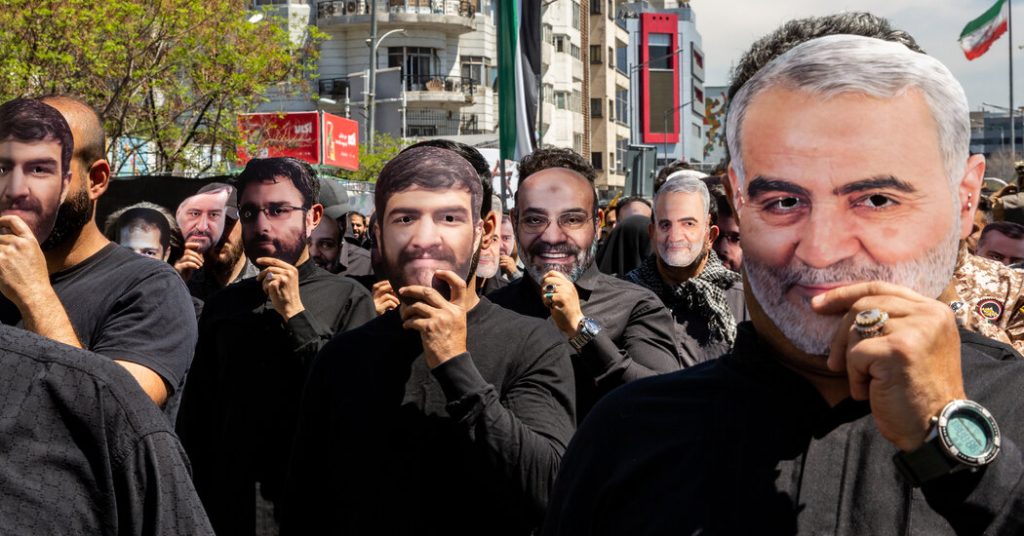Iran’s recent unprecedented strikes on Israel have challenged Israel’s long-held belief that greater aggression against Iran would deter them. The attack, which involved over 300 drones and missiles, was a direct response to Israel’s strike in Syria that killed seven Iranian military officials. This marked a significant shift in Iran’s approach, as they are now willing to confront Israel directly rather than through proxies like Hezbollah and the Houthis. The attack caught Israel off guard, leading them to reconsider their assumptions about Iran’s willingness to retaliate.
Despite the minimal damage caused by Iran’s attacks, it highlighted the need for strong defense mechanisms supported by allies such as the United States. Iran’s display of firepower in direct confrontation with Israel has brought their long-running shadow war out into the open. This escalation is partly attributed to an Israeli miscalculation in attacking an Iranian embassy complex in Damascus, which resulted in the deaths of top Iranian military officials, triggering Iran’s retaliatory strikes on Israeli territory.
The relationship between Iran and Israel has been strained for decades, with both countries engaging in covert operations and targeted attacks against each other. Iran’s support for groups hostile to Israel, such as Hamas, and Israel’s sabotage of Iran’s nuclear program have fueled tensions in the region. However, the recent escalation represents a shift towards more overt confrontation, signaling a departure from previous covert tactics. Israel’s past assassinations of Iranian officials, including on Iranian soil, did not elicit direct retaliation from Iran, leading to a false sense of security for Israeli leaders.
Iran’s decision to respond directly to Israeli attacks was driven by internal pressure within Iran and the need to assert its ability to defend itself and its allies. The attack was seen as a way for Iran to regain credibility and show regional partners, like Hezbollah, that it would not back down in the face of Israeli aggression. Israel’s underestimation of Iran’s response to previous assassinations and attacks played a role in triggering the recent escalation. The timing and nature of Iran’s response suggest a deliberate attempt to signal strength while avoiding a full-scale conflict.
Some analysts view Iran’s attacks as a distraction from Israel’s struggles against Hamas and a way to reaffirm its alliances with Western and Arab partners who have been critical of Israel’s actions in Gaza. The intention behind Iran’s attacks remains unclear, with some speculating that it was meant to show strength without intending to inflict serious damage on Israel. Israel’s strategic errors in assessing the motivations and capabilities of its adversaries, including Hamas and Iran, have led to unexpected escalations and challenges for Israeli security. The recent events have demonstrated the complexity of regional dynamics and the need for careful consideration of responses to avoid further escalation.








